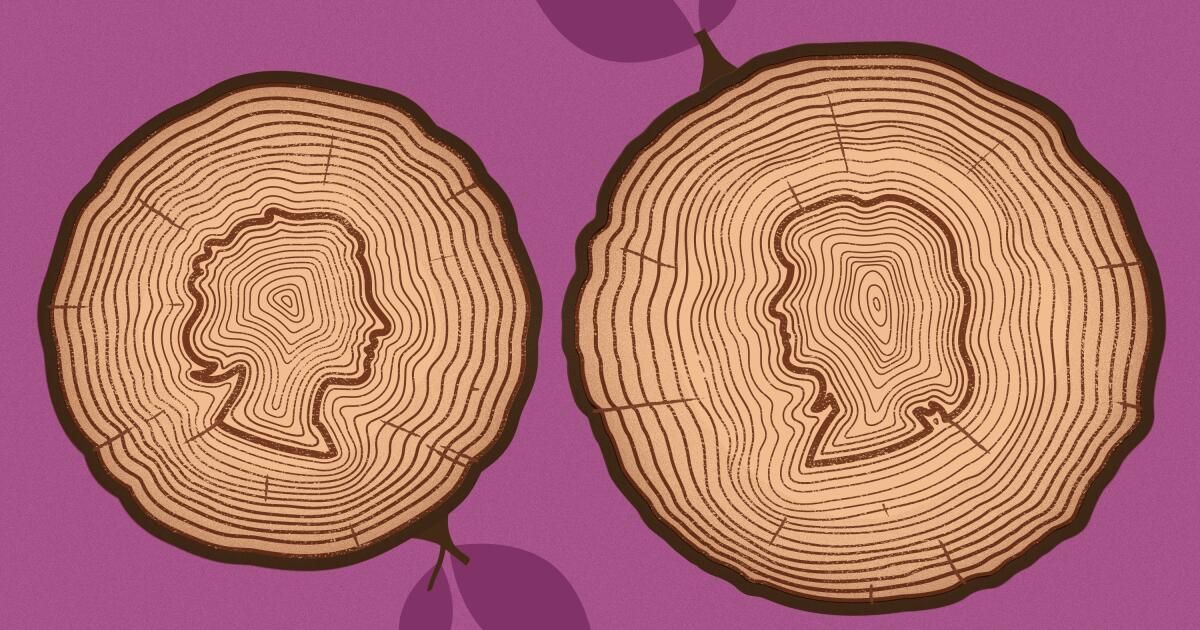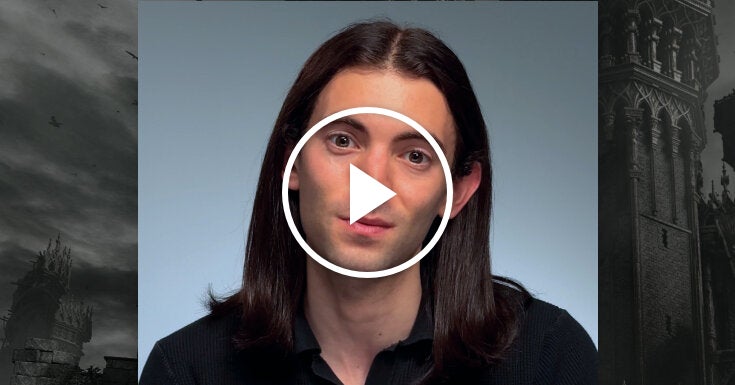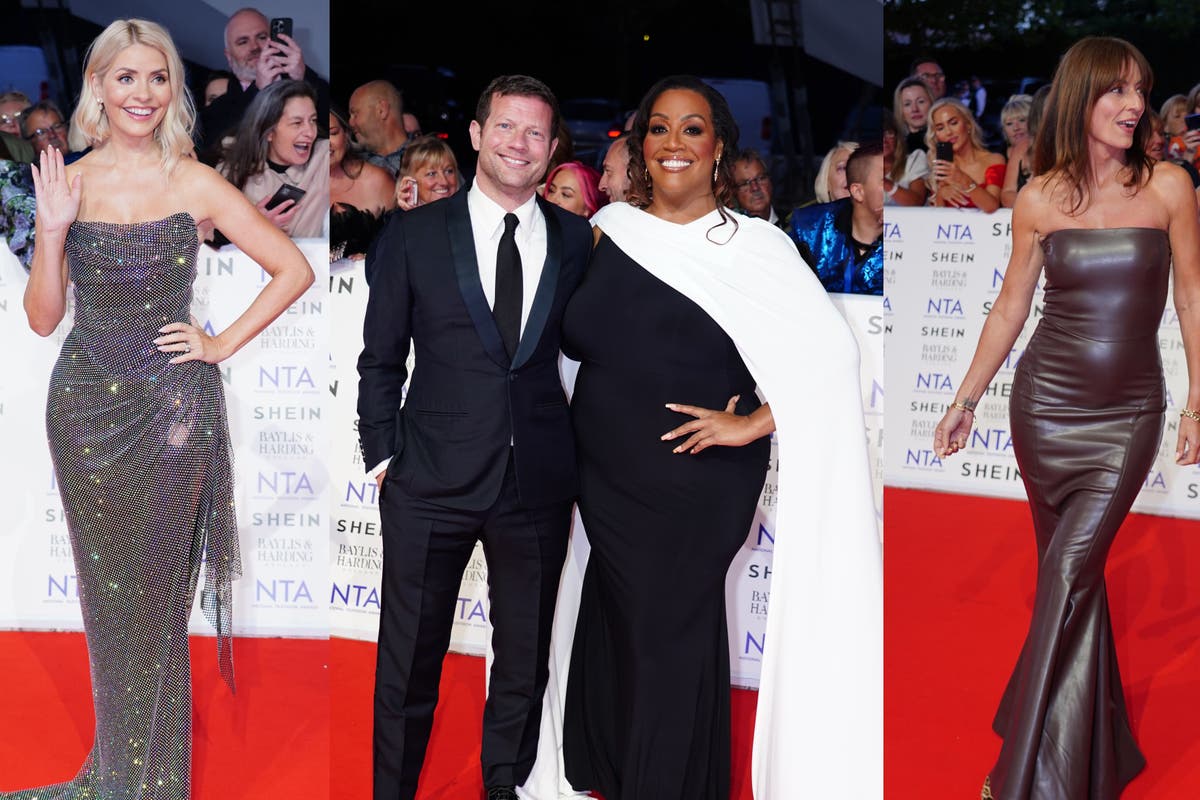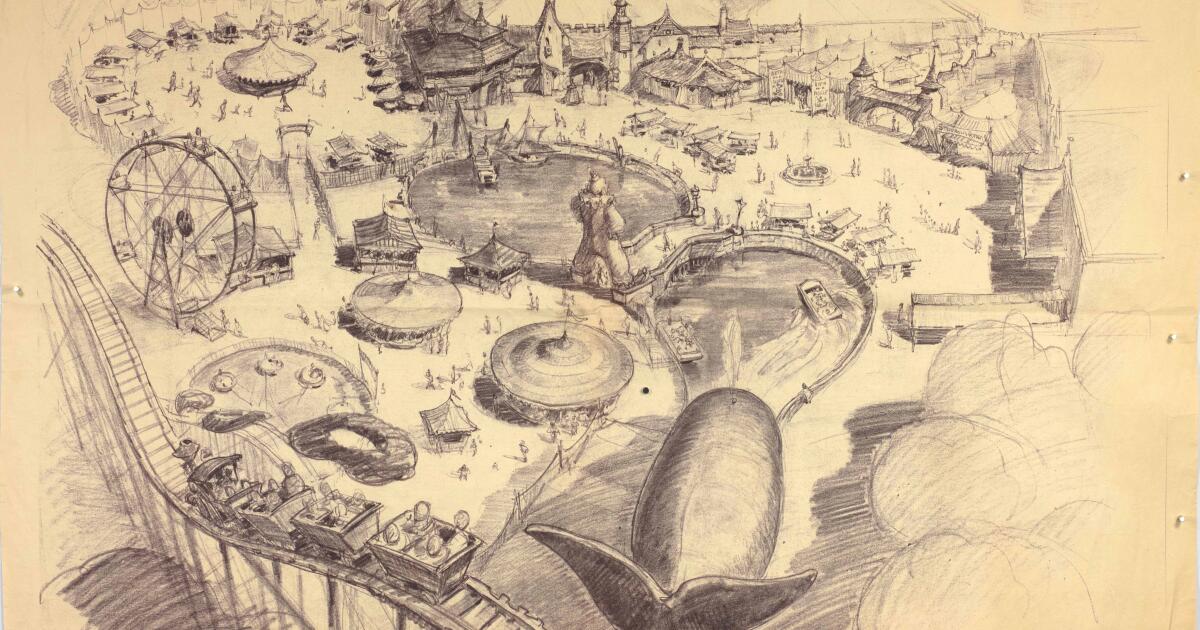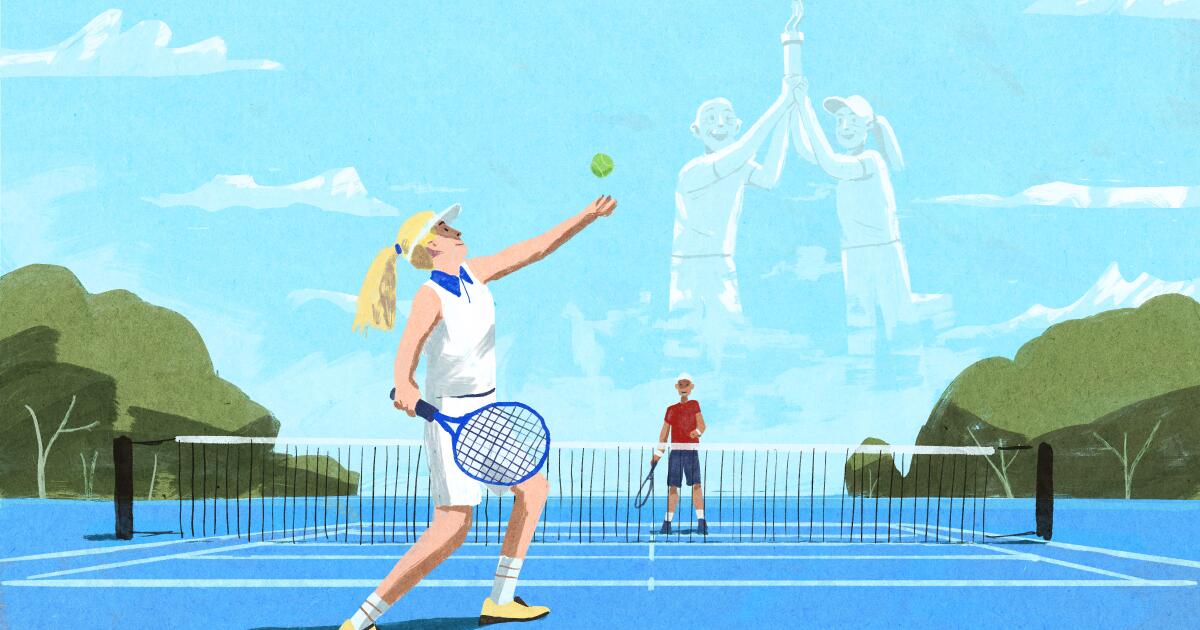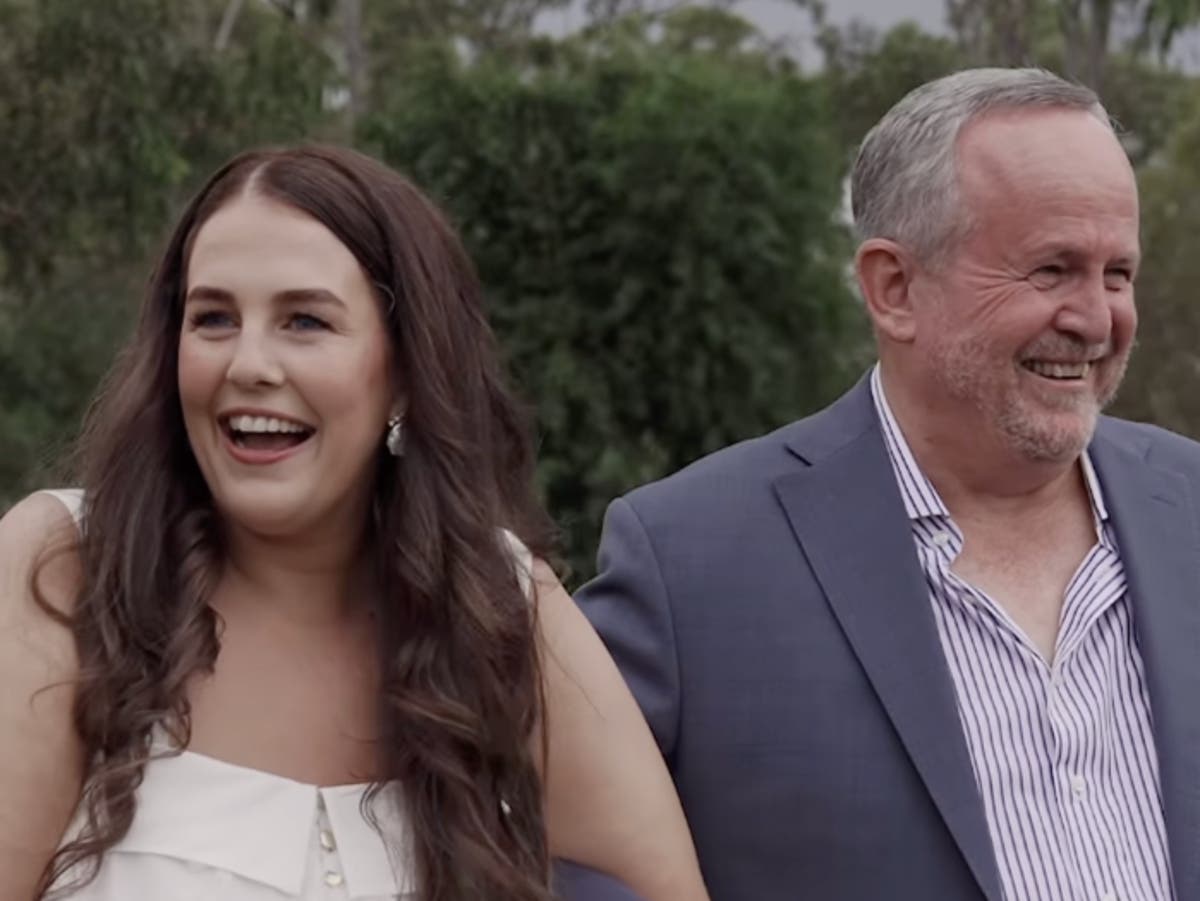She was 63 years old.
I was 33 years old.
We shared cocktails at a rooftop bar overlooking Sunset Boulevard during the golden hour. And the connection was palpable.
No, this isn’t the start of a romantic column for “LA Affairs.” But it is a love story of sorts. My best friend of the past two decades is 30 years older than me.
I met Loraine in 2001. I was newly married and working as an associate arts editor at LA Weekly, where I wrote book reviews and covered arts. A friend introduced us one night at a literary salon. It was a brief business exchange. We were sitting on the floor of the now-closed French-Vietnamese restaurant Le Colonial, legs crossed on silk cushions, waiting for the readings to begin. Loraine leaned over and gave me her card, mentioning that she had just published her first novel.
“It's about marriage, adultery, and regular church attendance,” she whispered, clearly pleased with her concise speech. I slipped the card into my purse.
A few weeks later, Loraine convinced me to meet her for apple martinis at a rooftop restaurant on Sunset Boulevard. I’d been hesitant to spend a free afternoon with a stranger who was a generation older than me and with whom I assumed I had little in common. My friends at the time were all loud, creative types in their 20s and 30s. Clichés swirled in my head: Would she be stuffy or old-fashioned? Would we have anything to talk about? I’d have to mind my manners.
“I'll be home in an hour,” I told my husband, determined to make the meeting quick and cordial, a professional courtesy.
But our conversation dragged on and on. I learned that Loraine had grown up in a small town north of New Orleans, one of the only Jewish families there at the time. She had studied art in Paris during college (and regaled me with stories of ill-fated romances she’d had there) before breaking into Hollywood as a television writer in the 1970s. She wrote what many consider the most iconic television show in pop culture history in 1980, the “Who Killed JR?” episode of “Dallas.”
“Then I made a crucial mistake in my career,” he told me.
“What?” I was stunned.
“I turned 50. That was it. Hollywood stopped calling me,” he said, shrugging casually. “So I turned to writing novels.”
“The Scandalous Summer of Sissy LeBlanc” would become a national bestseller.
Loraine Despres Eastlake in 2021.
(Wendi Weger)
It was one of those mysterious, pivotal nights. Though it seemed benign at the time, in retrospect it turned out to be a defining moment in my life. Loraine’s resilience and joy for life were inspiring. I didn’t even notice the age difference for a moment, and I haven’t noticed it to this day.
Sure, Loraine has curly silver hair and huge glasses, and at 86, she walks a little more carefully than she once did. But I don’t see an older woman when I look at her; I see the essence of a person, timeless and ageless, housed in a corporeal shell (which is in pretty good shape, I might add). I see a teenager, ever curious about the world around her. I see a woman in her mid-twenties, continuing to evolve through new creative pursuits, the most recent of which is writing poetry. I see a powerful, accomplished middle-aged woman at the top of a highly successful television writing career, self-satisfied and brimming with initiative. I see a woman, in old age, striving to discover new paths to creative and intellectual relevance—and succeeding.
Suffice it to say, my editor ended up passing on the book review, but Loraine chose me.
As our friendship blossomed, I realized that Loraine was a fabulous woman. She was part New York intellectual, part West Coast hippie, part Hollywood elite. Her closet was packed with expensive designer clothes, which she often replaced with simple yoga attire. She drank Prosecco and swam naked in her cobalt-tiled pool. She once convinced me to spend the entire afternoon lying on our backs on the ground under a glorious old oak tree in Franklin Canyon Park, with the sun shining through the leaves.
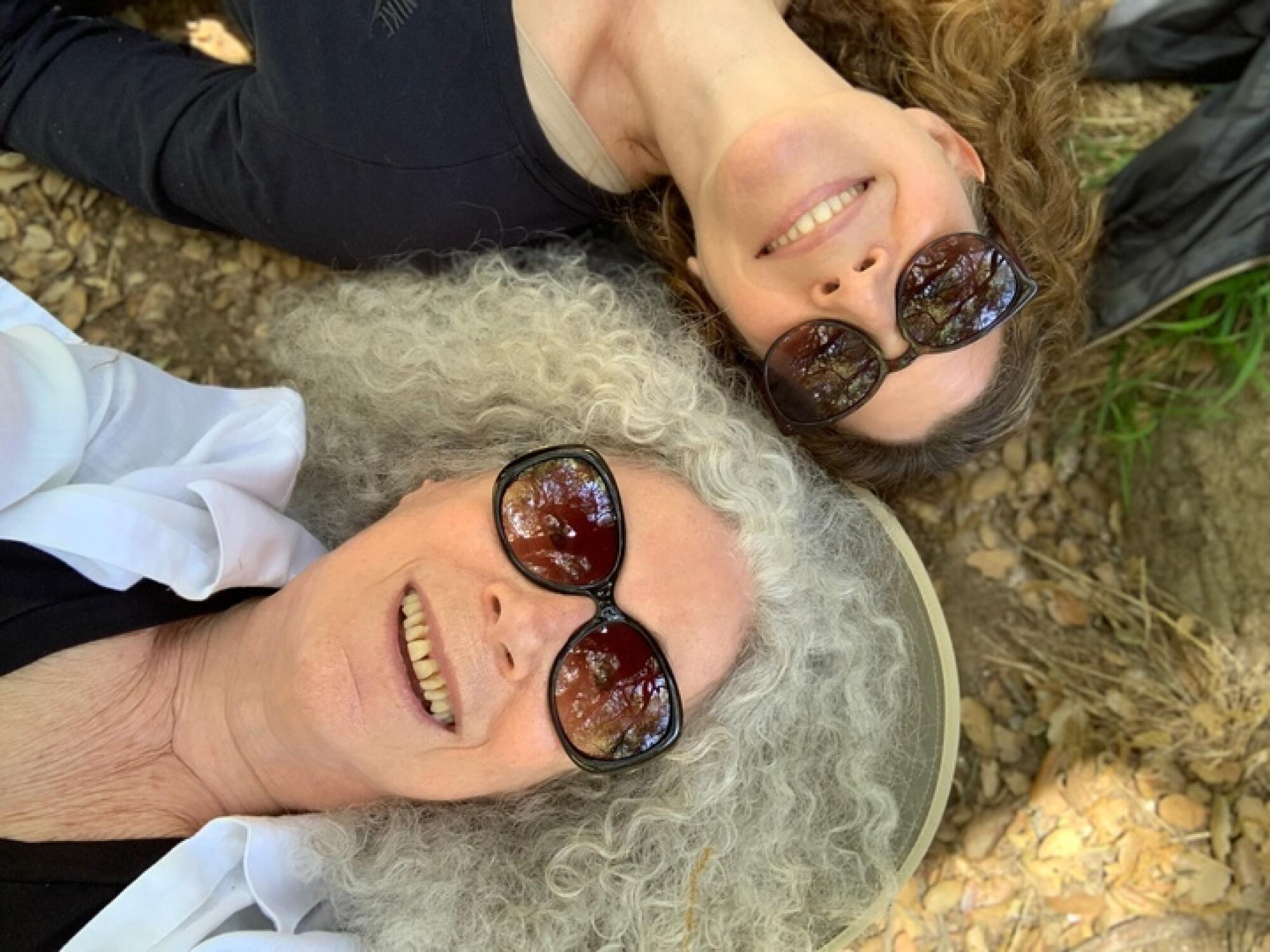
Loraine Despres Eastlake, left, and Deborah Vankin lie on the ground beneath a tree in Franklin Canyon Park in 2022.
(Deborah Vankin)
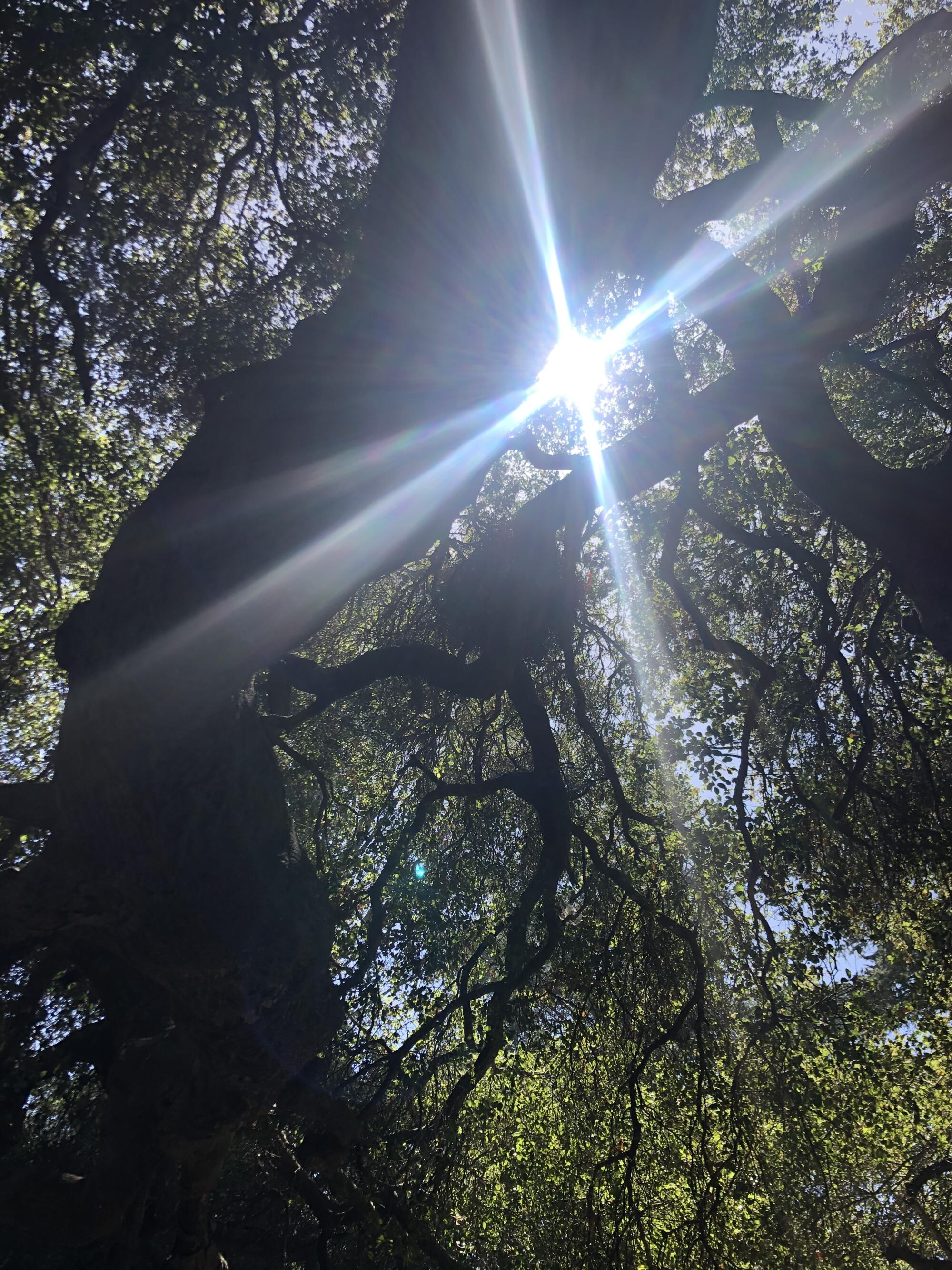
The sun shining through the leaves of the trees provided the afternoon's entertainment.
(Deborah Vankin)
She knew a great deal about art, an interest that brought us together and would become the common thread of our friendship. When I began covering art for The Times, she became one of my go-to companions for museum and gallery openings. We have taken that interest abroad as well, touring art studios in Cuba, visiting museums in Vienna and, most recently, traveling to Japan’s art island, Naoshima.
I guess this is where I tell how the three-decade age gap has provided me with enlightening pearls of wisdom during divorce, career changes, and the struggles of aging. But honestly, that hasn't been the case. Loraine is there for me in an emergency, but she's not the maternal, advice-giving type.
Loraine teaches by example. She is living proof that fabulousness is a matter of attitude, not age. And that vitality has less to do with hip mobility than with a passion for life and a relentless curiosity about the world. I wonder: If I hadn’t met Loraine, would I be aging so easily and universally now? Would I be more susceptible to the rigid, unforgiving stereotypes with which society labels women of a certain age? Loraine is, above all, a writer. And the narrative she has created for herself—a feminist art scholar turned copywriter and single mother turned happily remarried television writer, novelist, and poet—runs against society’s expectations. I look forward to continuing to write it.
“Oh, it’s so nice that you have a surrogate mother in Los Angeles,” my own mother used to say about Loraine when she came to visit from the East Coast. Loraine is older than my mother, and the fact that I had an “auntie-like person” living nearby was comforting to her.
Loraine would bite her lip every time my mother said this, but we would marvel afterwards at the mischaracterization of our friendship. Our conversations lack maternal energy; instead, they range from our romantic lives to clothes, books, and contemporary art. Our recent trip to Japan included several nights at a seaside yurt camp (which we abandoned due to mold).
Last July 4th we hiked to the top of a hill in Echo Park, grabbed groceries, and watched the fireworks melt into the sky.
“Seriously, where do you think we go when we die?” I asked, stunned.
“I don't know,” she said, laughing. “Pass me the nuts, will you?”
Then we started laughing.
The start of the 2020 pandemic was the first time I felt the age difference. Our lockdown experiences were very different. I cooked soup in large batches and binge-watched FX’s “Better Things,” reveling in what felt like a rare solitude. Loraine became mildly depressed, and as the pandemic months turned into years, it became tinged with bitterness. It was an uncommon mood for the typically happy-go-lucky Loraine.
“It’s like the last few years you have are being stolen from you,” she said over the phone. “I’m withering away here at home.”
Lately, Loraine has started repeating herself, as happens to almost anyone her age.
“What are you doing this weekend?” he asks me over the phone, minutes after I had already answered his question.
I simply repeat myself politely, resigned to a kind of linguistic meditation, learning to enjoy the same threads of conversation over and over again.
When we broached the subject recently, she said with a sigh, “I suffer from CRS.”
I prepared myself for what that meant.
“I don’t remember anything,” she said, laughing, one of her long, loose laughs that dies away with a joyful moan, like a young girl waving a cigarette holder in the air, her head thrown back by the wind. “It is what it is.”
I've been using that phrase a lot lately: “It is what it is.” Loraine may not be my mentor in life, but her open acceptance of everything life throws at me reminds me to be present, to live in the moment.
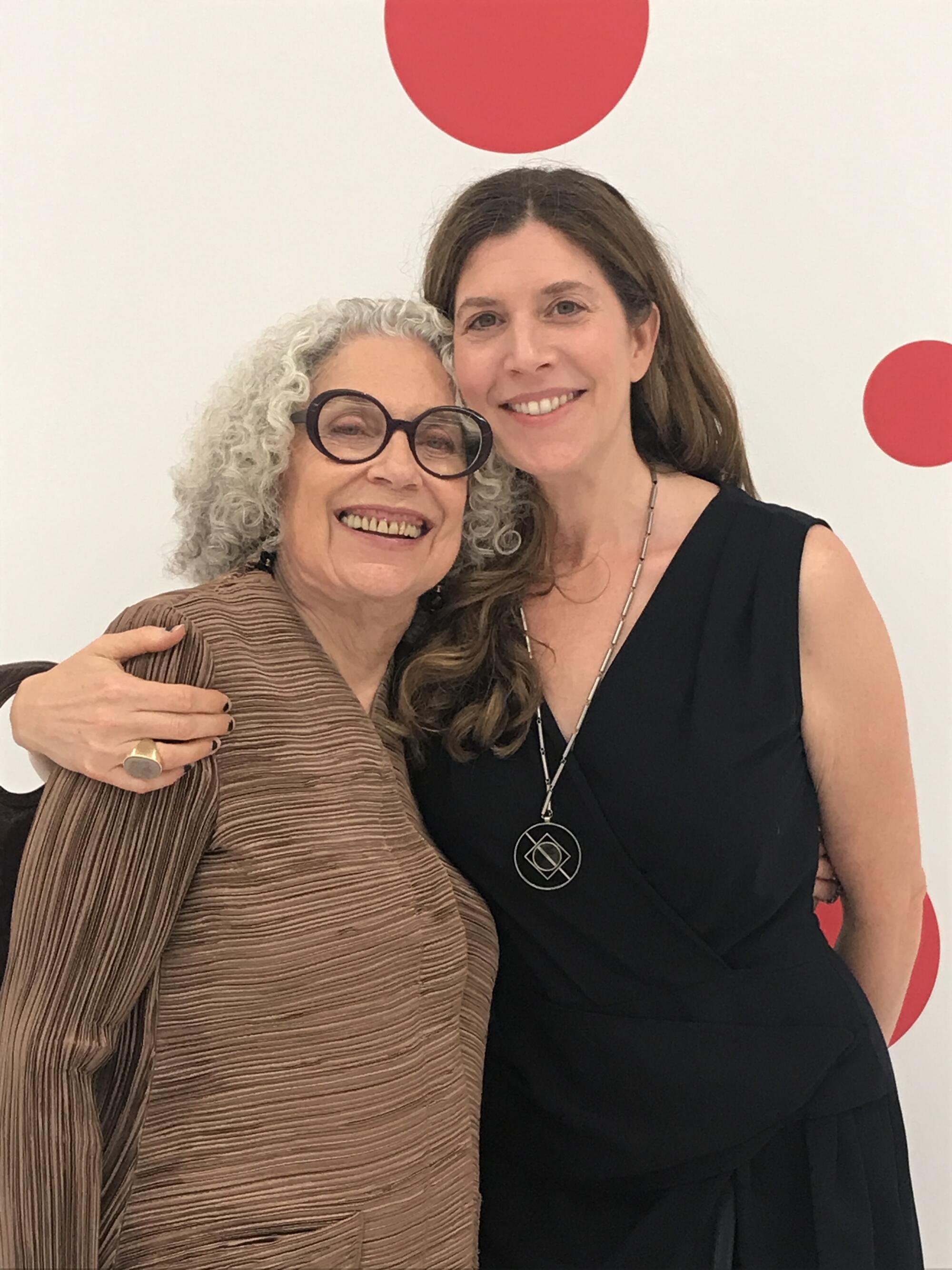
Loraine Despres Eastlake, left, and Deborah Vankin at an art installation by Yayoi Kusama in 2018.
(By Deborah Vankin)
When I think about our friendship, I see a supercut of us: the time Loraine and I danced on the rooftop of a cafe in Cuba to live music; when we flew through the air on trampolines on my 45th birthday with 80s music playing over the speaker; the New Year’s Eve when we posed for selfies in wigs at a friend’s house; Loraine chasing a flying cockroach around our hotel room in Miami while I screamed from atop the bed; her pure, unabashed joy when we turned a corner at a museum in Naoshima recently and found a Cy Twombly piece on display.
In all those times we were 16, 35, and 86. We met somewhere in the middle, in the universal mental union that is true friendship. And I am grateful for every year we have spent together.

